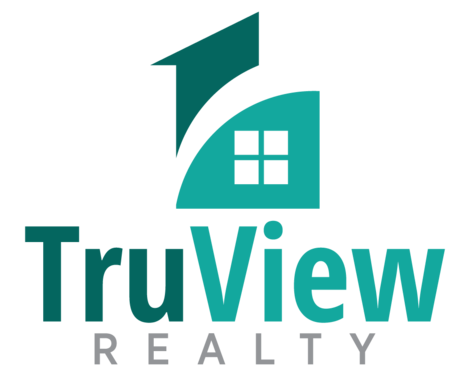DMCA Notice
Do you have a good faith belief that your intellectual property rights have been violated by Erik Ymer? Do you have a good faith belief that a third party may have uploaded content to
TruViewRealty.com?
If you have answered yes to either or both of these questions, Erik Ymer requests you provide to it at its primary office address at, 923 Haddonfield Road Suite #300 Cherry Hill, NJ 08002, the information listed below in accordance with DMCA:
1. Please describe the copyrighted material, work or other intellectual property (collectively "Material") which you believe is being infringed upon, and where on the TruViewRealty.com website the Material is located.
2. Your contact information (name, telephone number, e-mail address, or other detail where Erik Ymer* or the alleged infringing party can make direct contact with you).
3. Describe that you have a good faith belief that the Material and/or its use is not authorized by the existing copyright or other intellectual property rights' registered owner, by its agent or by law, and such statement and/or description is signed** under the penalties of perjury that you are the owner of the Material or the person authorized by the owner to act.
Upon receipt of the information above Erik Ymer will act expeditiously to remove or disable access to the offending material, but may need additional information to fully address the DMCA notice that you have provided to us and before removing any of the offending material. Your contact information given in the notice requested may be provided to the alleged infringing party if it is not Erik Ymer so an appropriate proper response can be sent.
DMCA is the Digital Millennium Copyright Notice, which states that an Internet Service Provider must remove materials from a web site that appear to infringe upon copyrighted materials after the ISP receive proper notice or lose safe harbor and be subject to liability.
* The alleged infringing party may be someone other than Erik Ymer.
** The signature may be an electronic signature.

Determining Your Condo Insurance Needs
Determining Your Condo Insurance Needs
Buying a condominium can be a smart start to being a homebuyer, without many of the maintenance hassles of owning a detached home.
Insurance through the homeowner association, or HOA, covers some areas of the complex, though each homeowner must have their own insurance to cover certain parts of their property and their belongings.
Here’s a breakdown of how condo insurance works:
Group insurance: Condo association insurance usually covers common areas, such as a pool, lawn and building exteriors.
This insurance is called the “master policy” and doesn’t include what’s inside your condo unit — such as a break-in, water damage to your kitchen walls, or someone slipping on your wet bathroom floor.
Condo unit insurance: Everything inside the walls, such as the plumbing and electrical wiring, is covered by your individual insurance policy, though some master policies may cover from the paint on the inside of your unit to the outside walls.
An individual homeowner’s insurance policy will also cover your belongings that you keep inside your condo, along with any fixtures or improvements you make to your unit.
When valuing your possessions, consider the replacement cost in today’s dollars for new items, not what they originally cost. Some policies only reimburse for actual cash value, which is the depreciated value, and not the total replacement costs.
Insurance coverage for personal belongings and the physical building typically range from $25,000 to $100,000, with premiums at $400 to $600 per year. Owning artwork or other collectibles could require additional coverage.
Liability coverage included in condo insurance will typically cost $20 a year for $300,000 in liability coverage.
Loss-assessment insurance: This covers insurance expenses not covered by the condo association, or in excess of the group coverage. You may need it if the condo association insurance doesn’t cover a major repair and the HOA doesn’t have enough money to pay for the repair. Instead of paying extra for the fixes, your loss-assessment coverage would cover you.
Loss of use: This type of insurance pays for a place for you to stay if your unit is totaled or severely damaged by a tornado or some other disaster. Coverage may be limited to a dollar value or your actual costs for a specified time.
When determining how much insurance you need for your condo, start with your condo associations’ master policy and then fill in the holes from there. This real estate information will help ensure your investment and your belongings are well protected.
Office: 923 Haddonfield Rd
Suite 300 Cherry Hill, NJ 08002
Call 856-861-4513
Email:[email protected]
Site: www.TruViewRealty.com
